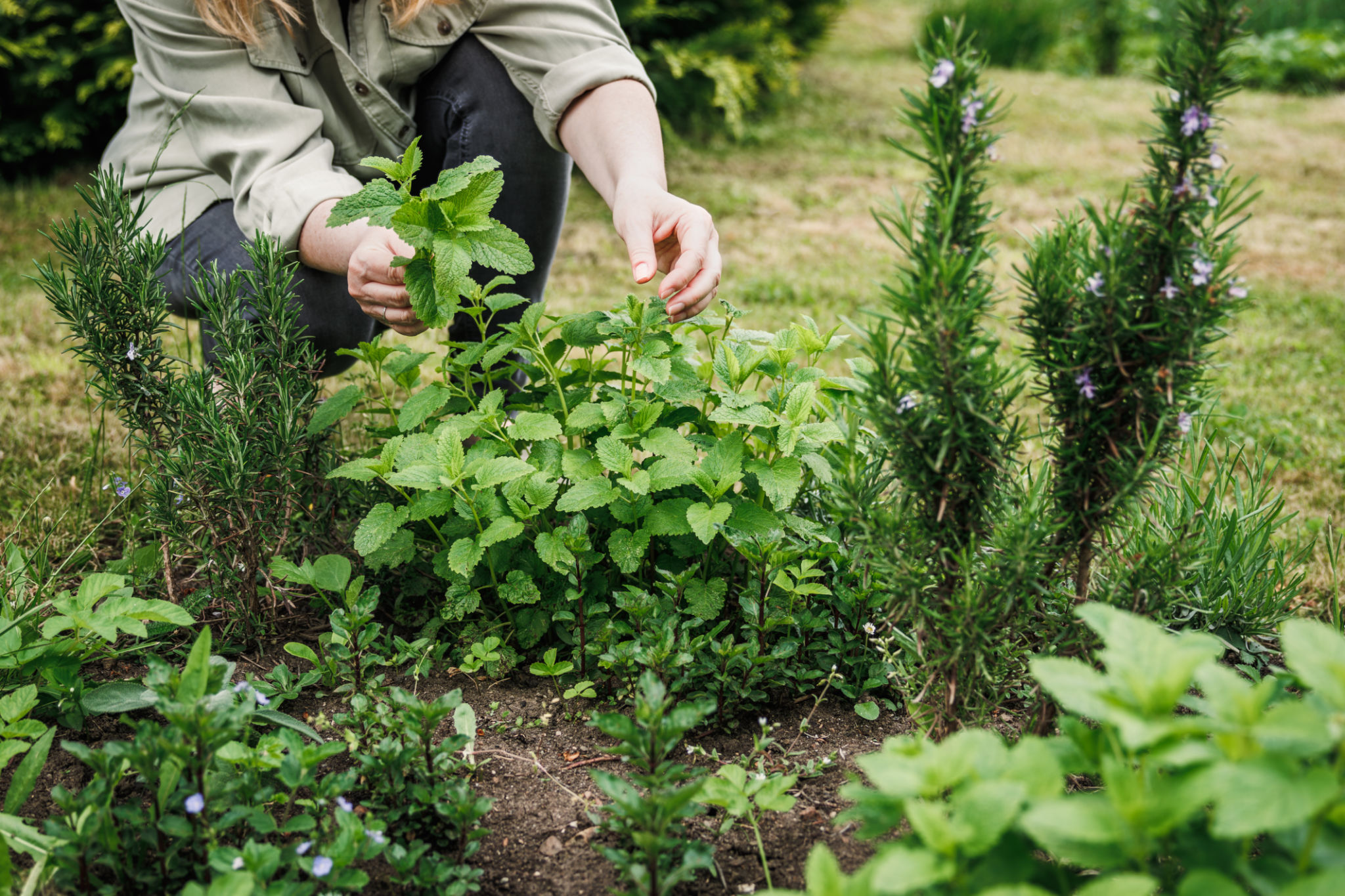DIY Natural Remedies: A Beginner's Guide to Herbal Healing
Introduction to Herbal Healing
Herbal healing, a time-honored tradition, has been used for centuries to address various ailments. With the increasing interest in natural and holistic approaches to health, many individuals are turning to DIY natural remedies as an alternative or complement to conventional medicine. In this guide, we will explore the basics of herbal healing, offering insights and tips for beginners eager to start their journey into this fascinating world.

Understanding Herbal Healing
Herbal healing involves using plants and their extracts to support health and well-being. These remedies can come in various forms, including teas, tinctures, salves, and capsules. It's essential to understand that while herbal remedies can provide numerous benefits, they should be used with caution and knowledge.
One of the primary advantages of herbal healing is that it encourages a holistic approach to health. This means considering the body, mind, and spirit as interconnected entities. By using natural remedies, individuals can often address the root causes of health issues rather than just treating symptoms.
Getting Started with Herbal Remedies
For those new to herbal healing, it's advisable to start with a few basic herbs known for their safety and efficacy. Here are some beginner-friendly herbs to consider:
- Chamomile: Known for its calming properties, chamomile can help with sleep and digestion.
- Peppermint: Great for digestive issues and headaches.
- Lavender: Often used for stress relief and relaxation.

Creating Your Own Herbal Remedies
Once you've familiarized yourself with a few herbs, you can start creating your own remedies. Here are some simple preparations you can try:
- Herbal Teas: Steep dried herbs in hot water for several minutes to create a soothing tea.
- Tinctures: Infuse herbs in alcohol or vinegar for several weeks to create a potent extract.
- Salves: Combine herbs with beeswax and oils to make healing ointments for the skin.
These preparations can be used to address common ailments such as colds, anxiety, or skin irritations. Remember to research each herb thoroughly and consult with a healthcare professional when necessary.

Safety and Considerations
While herbal remedies can be highly beneficial, safety should always be a priority. Here are some key considerations:
- Start Small: Begin with small doses when trying a new herb to monitor any adverse reactions.
- Consult Professionals: If you're pregnant, nursing, or on medication, consult a healthcare professional before using herbal remedies.
- Quality Matters: Use high-quality, organic herbs to ensure the best results.
It's important to remember that what works for one person may not work for another, so personal experimentation is key in finding what suits your needs best.
The Benefits of Embracing Herbal Healing
Embracing herbal healing offers numerous benefits beyond just physical health. It promotes mindfulness, as creating your own remedies requires a deep connection with nature and an understanding of your body's needs. Additionally, it can be a rewarding hobby that fosters self-sufficiency and empowerment.
As you delve deeper into the world of herbal healing, you'll likely discover a sense of fulfillment that comes from nurturing both your body and spirit with the gifts of nature. Whether you're dealing with minor health issues or seeking overall wellness, herbal remedies can be a valuable addition to your self-care routine.
